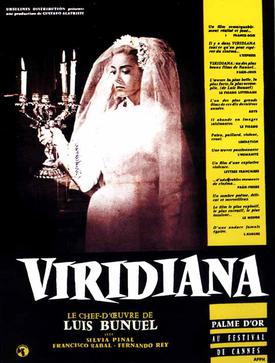 |
| Bulle Ogier, Delphine Seyrig, Fernando Rey, Paul Frankeur, Stéphane Audran, and Jean-Pierre Cassel in The Discreet Charm of the Bourgeoisie |
The frustration of the bourgeoises in Luis Buñuel's The Discreet Charm of the Bourgeoisie at having their various attempts to sit down at a table and have something like a meal never reaches the furious breaking point that it does for the characters who try to escape from a house party in his The Exterminating Angel (1962), but not because the director had mellowed in the decade between the two films. He had grown more sly and subtle, I think. The world of The Discreet Charm is liminal; the characters are trapped somewhere between dream and reality, between past and future, in a place they're determined to enjoy come what may. In the celebrated dream-within-a-dream, in which one character dreams what another character is dreaming, namely that they're on stage in a play without knowing what their lines are, even then they seem determined to make a go of it, just as the Sénéchals are determined to have sex even though they know their guests have just arrived for luncheon. There's a "keep calm and carry on" quality to these characters that's almost admirable, even when they're faced with the most absurd situations, like a corpse in the next room of the bistro, or a restaurant that has run out of tea and coffee. Not everything in the movie works, I think: The character of the priest/gardener who listens to an old man's confession that he murdered the priest's parents, gives him absolution, then blows him away with a shotgun, seems to me gratuitous -- Buñuel determined to exhibit his contempt for the clergy come what may. But on the other hand, it stayed with me even when I couldn't quite fit it into my overall experience of the film, which is a mad masterpiece.

